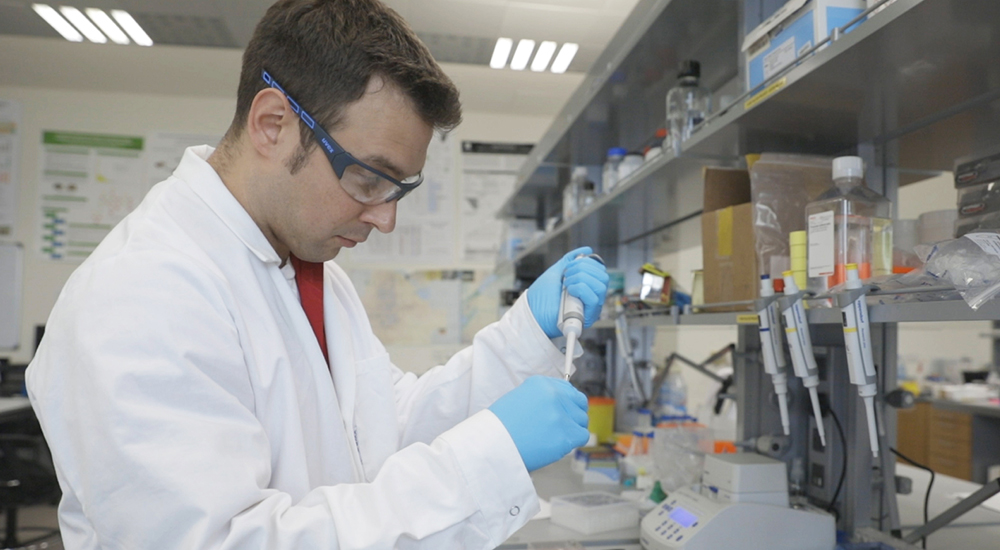Falcons are important birds, both biologically and culturally in the MENA region and beyond. In a review article drawing upon more than 150 scientific papers, researchers from the Center for Genomics and Systems Biology at NYU Abu Dhabi examine the diversity, evolutionary history and genomics of falcons in the context of their conservation and interactions with humans. The researchers offer perspective on the remarkable potential of utilising new genomic approaches to expand our understanding of these areas.
Over thousands of years, humans and falcons have developed unique relationships through falconry, religious rituals, conservation efforts and other interactions.
Over thousands of years, humans and falcons have developed unique relationships through falconry, religious rituals, conservation efforts and other interactions. Yet, from an evolutionary perspective, falcons remain an enigma. To date, researchers have likely only captured a very small fraction of genetic variation within falcon species. Most of the genes, or alleles that could be responsible for observable variation in falcons remain unknown.
In the article, published in the journal Ecology and Evolution, authors NYUAD Postdoctoral Associate at the Evolutionary Genomics Lab Justin Wilcox, NYUAD Programme Head of Biology Stéphane Boissinot, and NYUAD Assistant Professor of Biology Youssef Idaghdour write that falcons have experienced several recent adaptive radiations, or development of new subspecies, around the world. This newly-developed diversity, which has resulted in many genomic peculiarities, means there is incredible potential for genome-wide approaches to studying falcons.
The high levels of diversity in falcons also makes them exceptional candidates for studying how and why new species arise at the genomics level. Collectively, this research has great potential to inform conservation efforts in other species and provide insights into the process of domestication and adaptation to humans in wild animals.
The high levels of diversity in falcons also makes them exceptional candidates for studying how and why new species arise at the genomics level.
The Center for Genomics and Systems Biology at NYUAD is continuing to sequence several falcon species and subspecies, utilising the latest technologies that have significantly decreased sequencing costs. “Falcons are exceptionally important culturally and have several unique biological traits that make them important targets for genomic research,” said Wilcox. “Our paper documents how enhanced research on falcons is necessary and important to a broad array of sub-disciplines in ecology, and evolutionary biology.”
Wilcox added: “Falcons have great potential as a research system and our work is helping to unlock and develop the research potential of falcons.”


















